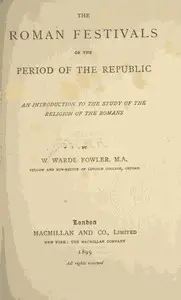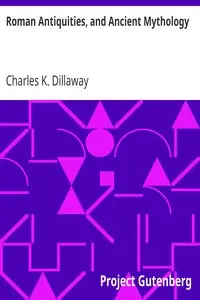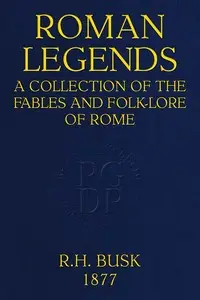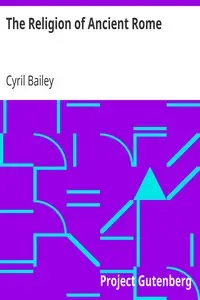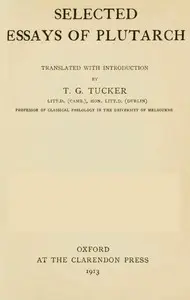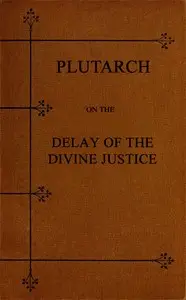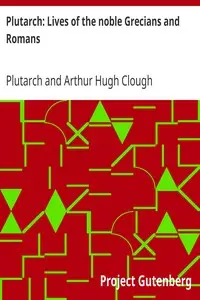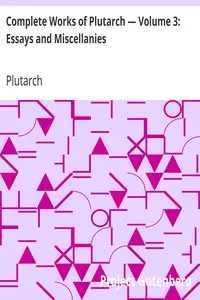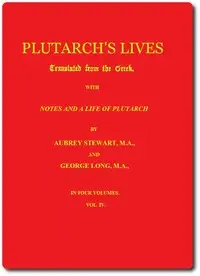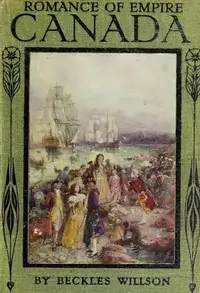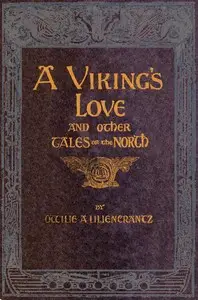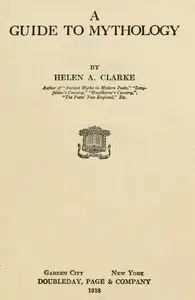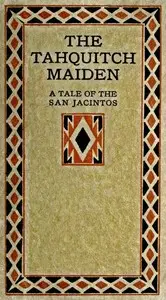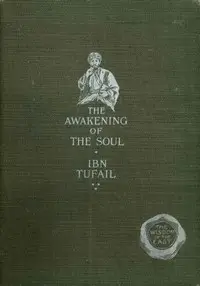** "Plutarch's Romane Questions" by Plutarch is a journey into the heart of ancient Rome, where rituals and traditions are more than just habits, they are clues to understanding an entire civilization. Through probing questions about strange customs like why new wives touch fire and water, the book uncovers the hidden meanings behind Roman society. It explores how religious beliefs, folklore, and even Greek culture shaped the way Romans lived and interacted with the world. The book invites the reader to think critically about early Italian religious beliefs and how they changed over time, revealing a complex tapestry of practices rooted in both the familiar and the mysterious, while giving us a peek into the big ideas of the 1st century AD. **
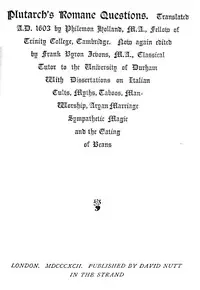
Plutarch's Romane Questions With dissertations on Italian cults, myths, taboos, man-worship, aryan marriage, sympathetic magic and the eating of beans
By Plutarch
** Uncover the secrets of ancient Rome as strange customs and religious mysteries reveal the very soul of a civilization.
Genres
Released
2018-07-15
Formats
epub
mobi (images)
mobi
epub3 (images)
epub (images)
txt
Free Download
Summary
About the AuthorPlutarch was a Greek Middle Platonist philosopher, historian, biographer, essayist, and priest at the Temple of Apollo in Delphi. He is known primarily for his Parallel Lives, a series of biographies of illustrious Greeks and Romans, and Moralia, a collection of essays and speeches. Upon becoming a Roman citizen, he was possibly named Lucius Mestrius Plutarchus.
Plutarch was a Greek Middle Platonist philosopher, historian, biographer, essayist, and priest at the Temple of Apollo in Delphi. He is known primarily for his Parallel Lives, a series of biographies of illustrious Greeks and Romans, and Moralia, a collection of essays and speeches. Upon becoming a Roman citizen, he was possibly named Lucius Mestrius Plutarchus.
Total Reviews
10.0k
Total reviews from Goodreads may change

